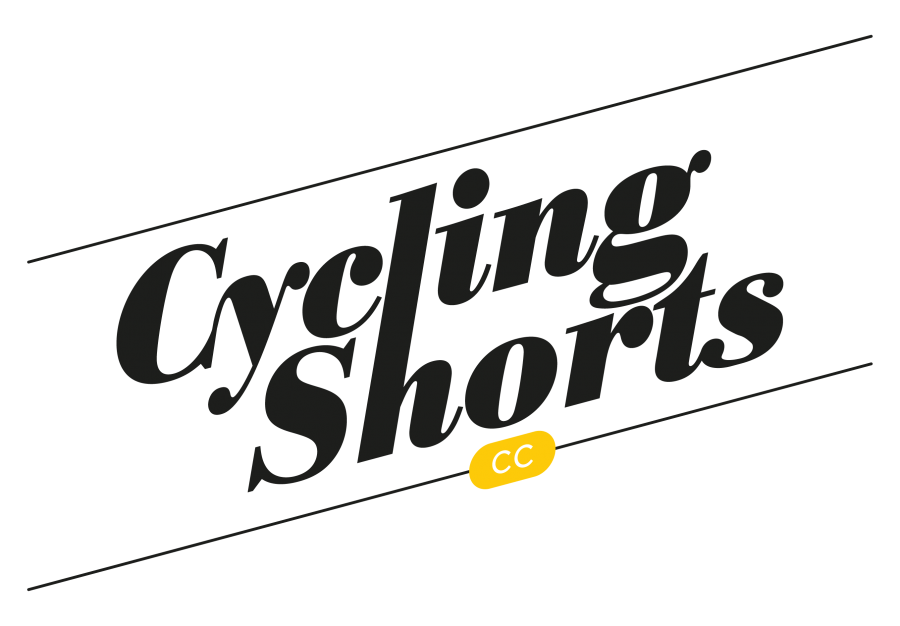Blaming Lance – Is it the Answer?

Not long after news broke that Lance Armstrong would not formally contest United States Anti-Doping Agency (USADA) proceedings against him, the media came alive. Some commentators focused on the idea of the seven times Tour winner as a doping cheat who master-minded methods of hoodwinking the authorities and brought discredit on the sport. And some saw events in the USA as a positive marker, which finally drew a line under the murk of the past, separating it from a new, bright and drug-free future.
Rob Draper, in the Mail Online, is a good example of some of the perspectives that were on offer. His thundering article bore the emotive title ‘Arise, Travis Tygart, in Armstrong You Finally Nailed the Biggest Cheat in Sport’ (Mail Online, 25th August 2012). He argues strongly against any who may be tempted to say “…that because all were doping in this era, Armstrong is a true champion.” To do that, Draper says. “… would be to surrender to the malign forces that would reduce sport to a circus designed to enrich its participants and hangers-on.”
And why is he so emphatic? Well, for him.
“Somewhere in the peloton in the Nineties was a man who was clean, who finished perhaps 30th in the Tour de France. Who knows now if he would have been Armstrong’s equal? Who knows if he might have been an even more charismatic champion? Maybe he grew depressed and quit as numerous team-mates eventually surrendered to the curse of the needle, because they saw a sport in which so many colluded with cheats that it had become the norm.
That man was suffocated by cynicism and we never got to know his name. It is for him that Travis Tygart pursued this fight, and his ultimate victory was as important as anything celebrated in the Olympic Stadium this month.”The trouble, of-course, is that it isn’t quite as reassuringly clear as that. Life often isn’t, particularly when it comes to the difficult areas of blaming and excluding.
Let us suppose that the USADA allegations are true. (And, that we can still only suppose is itself a lingering problem). But, for the sake of discussion, let us suppose.
Can we now claim, as Rob Draper seems to, that because of recent events affecting Lance Armstrong, that Draper’s honest rider in the peleton has had his rights restored, that virtuous sporting performance has, at last, been vindicated?
It would be heartening if we could. But it’s just not plausible to think so. Knowing our cycling history, we understand that drug misuse has been a feature of the sport from its earliest days, when men from poor backgrounds were paid to undertake almost impossible feats of endurance on track and road, and were supported by cycling impresarios, with mixtures of strychnine and heroin, to do so.
And if honest with ourselves about the history of the sport, we would also know how deeply engrained drug misuse has been. We might even recall that when Fausto Coppi was asked whether he used the preferred drug of post-war cycling, amphetamine, or as he called it ‘La Bomba,’ he replied. “Yes, whenever it was necessary.” And, to the follow on question as to when that was, replied. “Almost all the time.”
And, from such an honest position, it would be easy for us to recognise that it was only when the money from sponsors looked like leaving the sport for good that a really serious approach to dealing with the problem began to emerge.
In making that recognition, we would not be falling into the nihilistic trap of branding all professional bike riders of the past as drug misusers. Draper is right to say that there were honest and virtuous riders who resisted pressure to dope from; team mates, soigneurs, directeur sportifs, and, yes, from the system and culture of the sport itself. And he is right to point out that these honest riders probably failed to win races because of their integrity.
But, if we are really serious about seeking justice for those riders, would it not be better to be honest about the flaws in the system and culture that failed them? Rather than, as Draper and many other commentators seem to be ready to do, focus discussion, almost exclusively, on demonising the rider who dominated the sport when the culture of drug misuse was at its highest point as though by heaping the ills of the sport on one dark force we could expunge the wrongs of an inglorious past.
And, perhaps if the wrongs of the past were properly recognised in this way, we might be more effective in supporting the new systems and the new culture of fairness and openness that the honest rider of today’s sport is entitled to.





You must be logged in to post a comment.